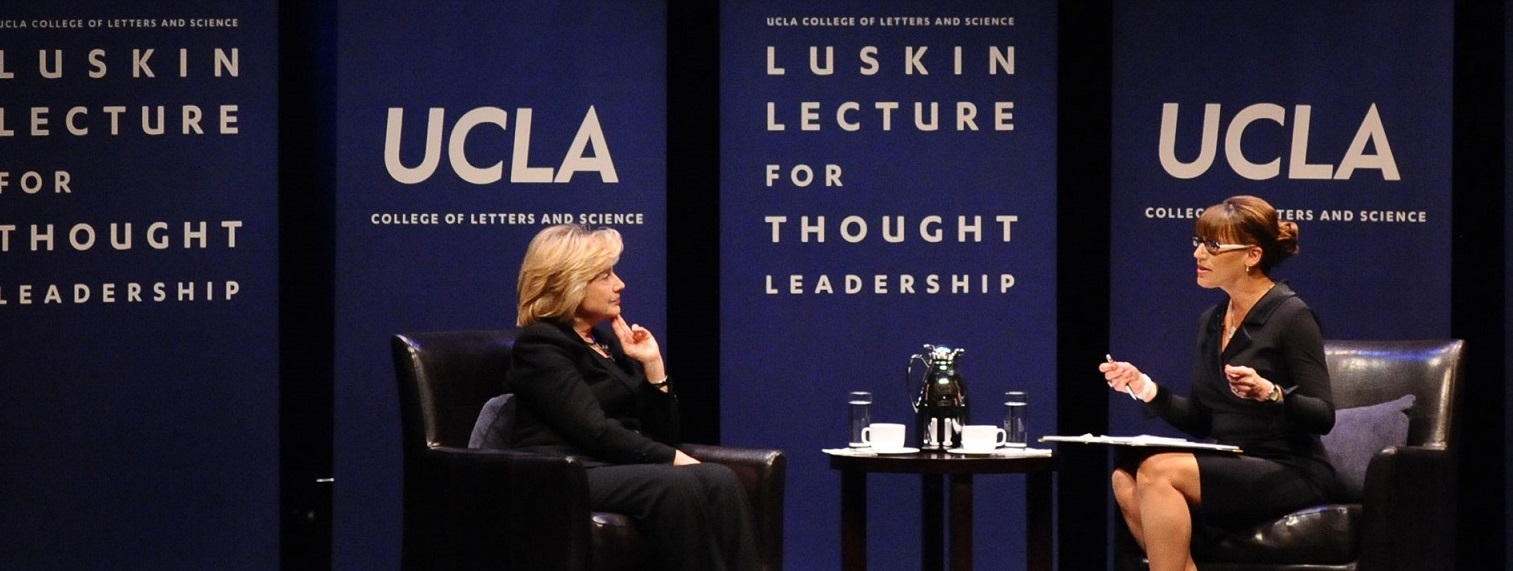
加州大学新的最低工资政策于10月1日生效。上万名正式雇员和合同工将有望在未来三年即从现在开始到2017年时薪最终上涨为15美元。
根据加州大学公平工资/公平工作规划(Fair Wage/Fair Work Plan),所有每周工作超过20小时的员工从10月1日起最低时薪上涨到13美元,2016年10月1日变为14美元,到2017年这个时候达到15美元。
该工资标准立即生效,所有与学校的新合约和续签合约都保证工人的工资按照加州大学的最低工资标准支付。
加州大学是第一所主动设立最低时薪为15美元的公立大学。这个新的标准要高于加州的最低工资标准。整个加州现在的最低时薪是9美元,计划到2016年10月1日涨到10美元。

加州大学校长Janet Napolitano于7月宣布加州大学公平工资/公平工作规划,目的是借此给予员工和他们的家人更多地支持,并确保根据合同支付的工资是合理的。
她说:“支持员工和他们的家人(他们使加州大学成为一个一流的学校)是体现我们作为公立大学价值的一个重要部分。”
新的最低工资标准将在接下来的三年里逐步实施。学校将利用这些时间为增加的费用做出规划和拟定预算。大部分费用将从非核心基金处募集,例如自负盈亏项目像书店,餐馆等的销售利润。这些与学费、政府资源以及其他支持加州大学核心教育项目的基金是分开的。
作为新政策的一部分,加州大学将会加强对承包商和次承包商工资发放和工作环境的监督。学校设置了电话热线和在线报告系统。员工可以通过这些方式直接向校长办公室投诉。
学校还会进行年度和年中合同审计,确保他们给员工支付的工资至少是加州大学的最低工资标准。还会加强监督,以确保承包商遵守所有本地、州和联邦法律,以及加州大学的政策。年度审计由承包商提供经费,并于新合同生成和老合同更新时实施。
The University of California’s new minimum wage policy takes effect today (Oct. 1) with thousands of direct and contract employees slated to receive the first of three years of raises that will increase their earnings to at least $15 an hour by 2017.
Under UC’s Fair Wage/Fair Work Plan, all employees hired to work 20 hours or more a week will be paid an hourly wage of at least $13 starting Oct. 1. That minimum will rise to $14 an hour on Oct. 1, 2016, and to $15 on Oct. 1, 2017.
Effective today, all new and renewing contracts with the university will require that workers be paid at least the UC minimum wage.
UC is the first public university in the country to voluntarily set a $15 minimum wage. The new rate will be higher than California’s minimum wage, which currently is $9 an hour and set to increase to $10 an hour on Jan. 1, 2016.
UC President Janet Napolitano announced the UC Fair Wage/Fair Work Plan in July to support employees and their families, and to ensure that workers being paid through a UC contract are likewise fairly compensated.
“Supporting the employees — and their families — who help make UC a leading institution is an important part of our values as a public university,” she said.
The new minimum wage is being implemented over three years to give campuses time to plan and budget for the cost increase. The bulk of the cost will be funded by non-core funds, such as sales from self-supporting programs like bookstores and food services. These are separate from tuition and fees, state resources and other funds that support UC’s core instructional programs.
As part of the new policy, UC will enhance its oversight of contractors and subcontractors for wages and working conditions. This includes a telephone hotline and online reporting system, both already in place, that contract workers can use to report complaints and issues directly to the Office of the President.
It also will include annual and interim audits of contractors to ensure they pay employees at least UC’s minimum wage, and enhanced oversight to make sure they comply with all local, state and federal laws as well as UC policies. Annual audits will be funded by the contractors, and implemented as new contracts are established and existing ones are renewed.




